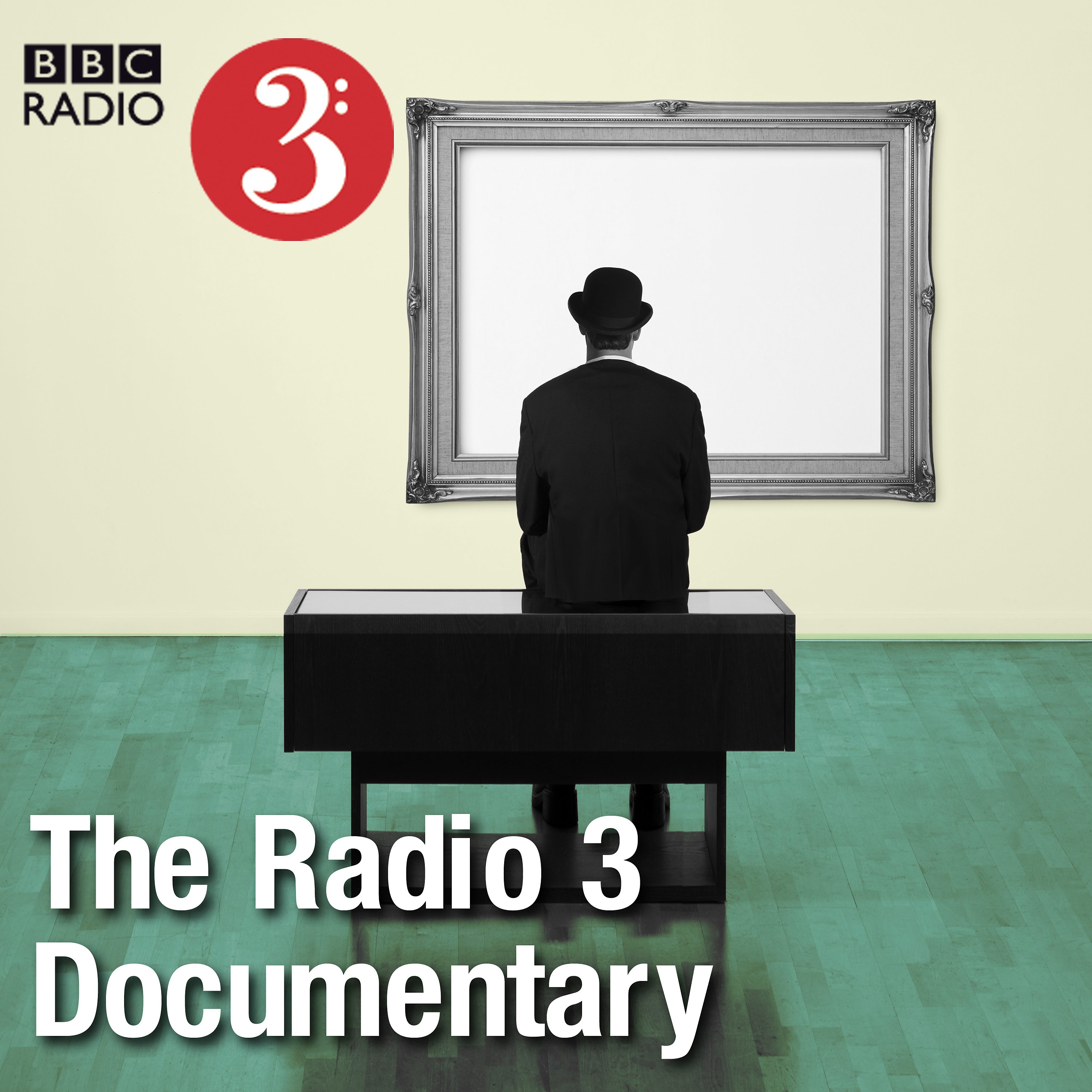- Culture
- SEE MORE
- classical
- general
- talk
- News
- Family
- Bürgerfunk
- pop
- Islam
- soul
- jazz
- Comedy
- humor
- wissenschaft
- opera
- baroque
- gesellschaft
- theater
- Local
- alternative
- electro
- rock
- rap
- lifestyle
- Music
- como
- RNE
- ballads
- greek
- Buddhism
- deportes
- christian
- Technology
- piano
- djs
- Dance
- dutch
- flamenco
- social
- hope
- christian rock
- academia
- afrique
- Business
- musique
- ελληνική-μουσική
- religion
- World radio
- Zarzuela
- travel
- World
- NFL
- media
- Art
- public
- Sports
- Gospel
- st.
- baptist
- Leisure
- Kids & Family
- musical
- club
- Health & Fitness
- True Crime
- Fiction
- children
- Society & Culture
- TV & Film
- gold
- kunst
- música
- gay
- Natural
- a
- francais
- bach
- economics
- kultur
- evangelical
- tech
- Opinion
- Government
- gaming
- College
- technik
- History
- Jesus
- Health
- movies
- radio
- services
- Church
- podcast
- Education
- international
- Transportation
- Other
- kids
- podcasts
- philadelphia
- Noticias
- love
- sport
- Salud
- film
- and
- 4chan
- Disco
- Stories
- fashion
- Arts
- interviews
- hardstyle
- entertainment
- humour
- medieval
- literature
- alma
- Cultura
- video
- TV
- Science
- en
Yiddish Glory

b'
During World War II, approximately 1.6 million Soviet, Polish and Romanian Jews survived the Holocaust by escaping to Soviet Central Asia and Siberia, avoiding imminent death in ghettos, firing squads and killing centres. Many of them wrote music about these horrors as the Holocaust was unfolding before their eyes. A miraculous discovery in the Vernadsky National Library in Kyiv revealed a collection of Yiddish music created during the 1940s that documented their numerous traumas: dangerous train journeys, often in cattle cars; prison sentences, disease, and deep anxieties about family members left behind in Europe. During World War II, these songs were collected by amateur and professional poets, and then organised by the Ukrainian folklorist Moisei Beregovsky. However, the archive was confiscated by the KGB soon after the end of the war. The songs were never performed since, in public or in private.
Singer Alice Zawadzki, whose own family found themselves on a similar journey to Central Asia, and historian Anna Shternshis (University of Toronto), who led the project to bring these songs back to life, travel to Kazakhstan and Uzbekistan to retrace the journeys of those Jewish refugees who became music composers. From Tashkent and Samarkand to Bukhara and Almaty, they found abandoned factories where refugees worked, saw huts where they slept, met with the descendants of families who welcomed them and children of those survivors themselves who stayed in Central Asia. For the first time in 80 years, the songs created by Jewish refugees during the war were performed in these lands, by local musicians and composers, by children of refugees themselves, and by Alice Zawadzki.
Producer: Michael Rossi.
'